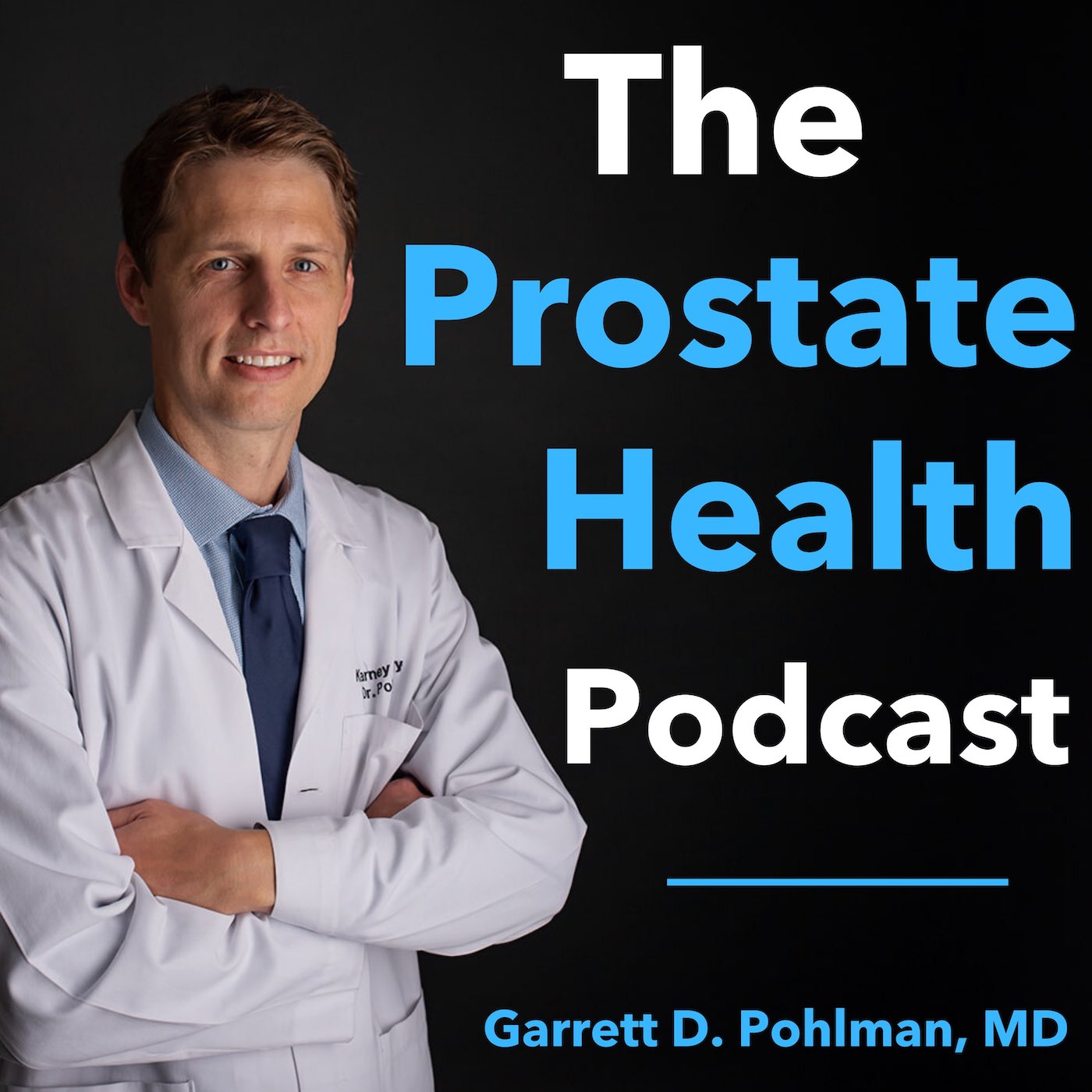Prostate cancer is currently getting diagnosed at a rate of one in nine men. Not all prostate cancers are alike, however. Some are more aggressive and require intervention, while others could be slow-growing with low risk. If you have been diagnosed with early-stage, low-risk prostate cancer, your urologist might talk to you about active surveillance as a viable option for your situation.
Active surveillance got introduced by several pioneers in the field, including Dr. Laurence Klotz. Dr. Klotz has long been considered the father of active surveillance. Dr. Pohlman was able to chat with Dr. Klotz at the 30th Annual International Prostate Cancer Update in Beaver Creek, Colorado.
Today, we are bringing that interview from episode 8 out of the vault. In it, Dr. Klotz talks about everything you need to know about active surveillance, including the men who may be candidates for that option and what is involved with the protocol. Be sure to stay tuned today to find out what Dr. Klotz has to say about active surveillance for low-risk prostate cancer.
About Dr. Klotz:
Dr. Klotz currently serves as Professor of Surgery at the University of Toronto. He also holds the Sunnybrook Chair of Prostate Cancer Research, and he is the chairman of the World Uro-Oncology
Federation. Dr. Klotz was the Founding Editor-in-Chief of both the Canadian Journal of Urology and the Canadian Urology Association Journal. He was the founder and is Chairman of the Canadian Urology Research Consortium. He was awarded the Order of Canada for his work in prostate cancer. Dr. Klotz completed his fellowship at the Memorial Sloan Kettering Cancer Center in New York in urologic oncology. Dr. Klotz is a widely published urologic oncologist with over 350 publications and six books.
Disclaimer: The Prostate Health Podcast is for informational purposes only. Nothing in this podcast should be construed as medical advice. By listening to the podcast, no physician-patient relationship has been formed. For more information and counseling, you must contact your personal physician or urologist with questions about your unique situation.
Show highlights:
- Dr. Klotz explains what active surveillance is.
- In most men over the age of sixty-five with small amounts of low-grade prostate cancer, it never spreads.
- Dr. Klotz discusses the issue with low-grade prostate cancer.
- Dr. Klotz shares the basis for the concept of active surveillance.
- Dr. Klotz shares some of the advantages of doing active surveillance rather than having treatment.
- Dr. Klotz explains how doctors identify the men who would be candidates for active surveillance.
- What men can expect from going on an active surveillance protocol.
- Dr. Klotz explains what the term “watchful waiting” means.
- Active surveillance first got started approximately twenty-two years ago. Dr. Klotz explains what the options for men with low-grade prostate cancer were before that.
- Dr. Klotz explains why time is such a powerful tool when treating serious diseases.
- The concept of active surveillance has also been influential in other fields, like thyroid, breast, and kidney cancers.
Links and resources:
Follow Dr. Pohlman on Twitter and Instagram – @gpohlmanmd
Get your free What To Expect Guide (or find the link here, on our podcast website)
Follow Dr. Pohlman on Twitter and Instagram
Go to the Prostate Health Academy to sign up for the wait-list for our bonus video content.
You can access Dr. Pohlman’s free mini webinar, where he discusses his top three tips to promote men’s prostate health, longevity, and quality of life here.


Recent Comments